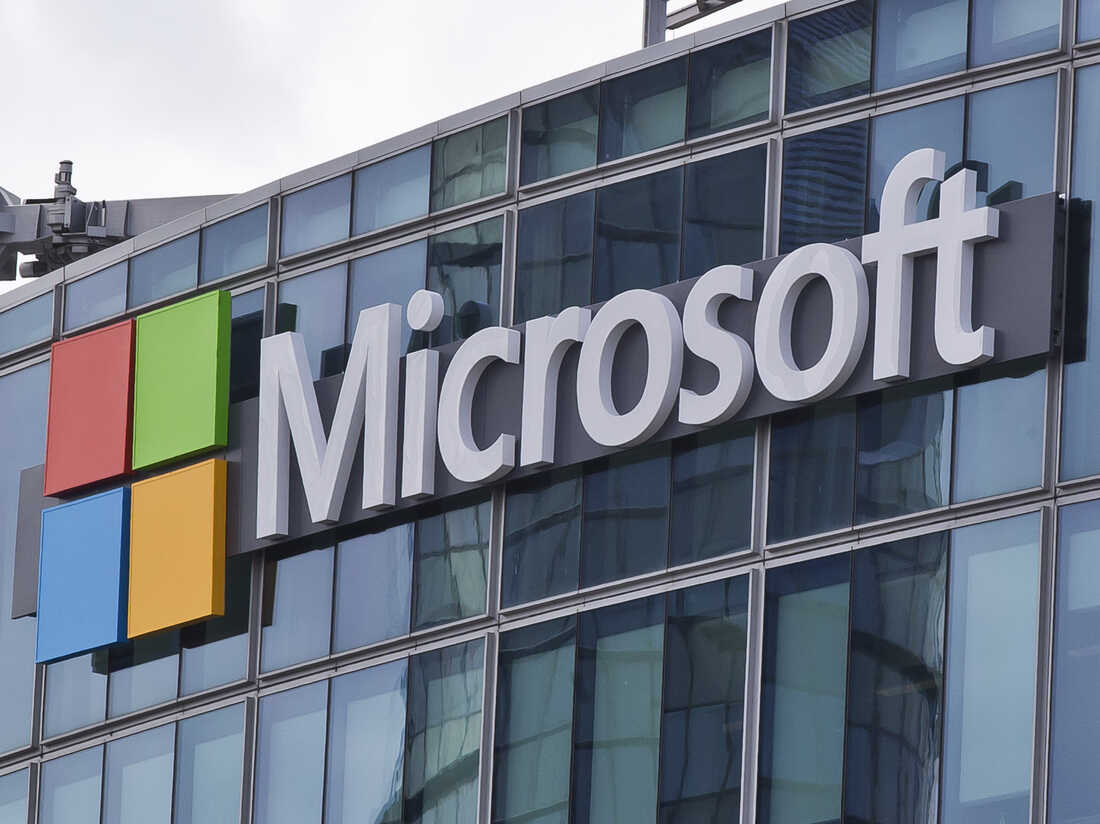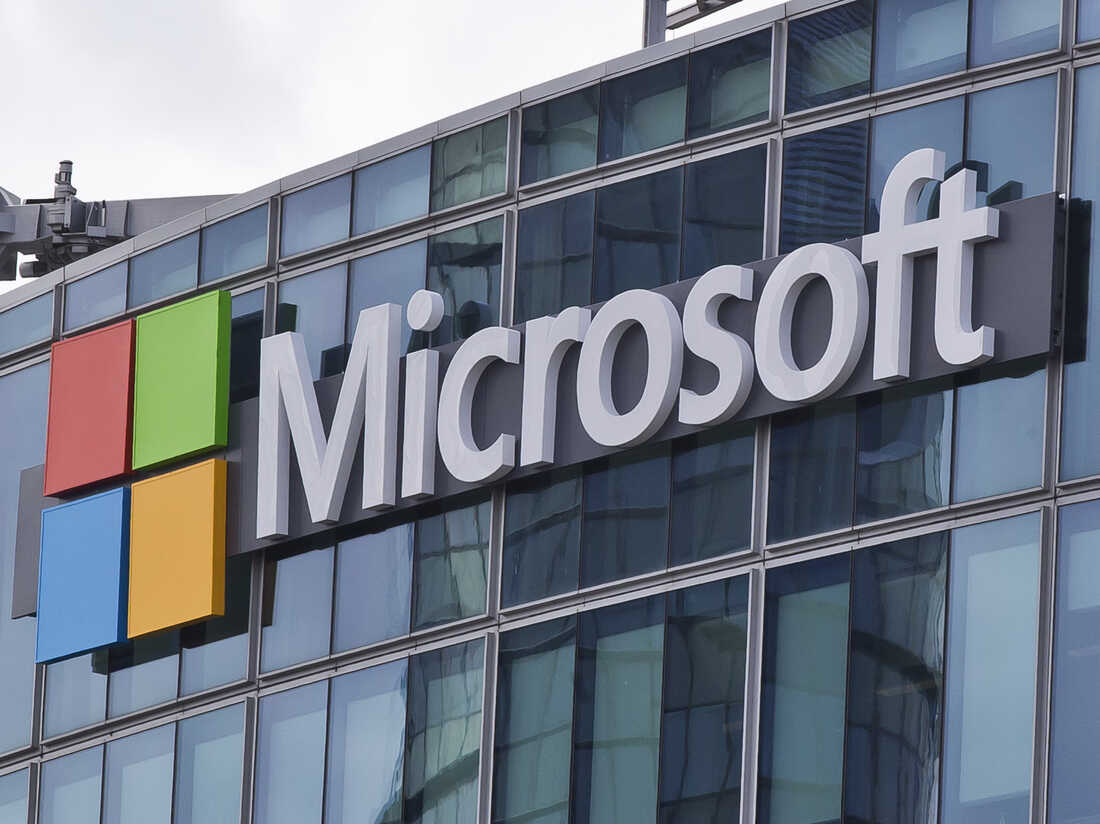Microsoft is laying off approximately 9,000 employees in its latest round of job cuts. The move comes amid strategic restructuring and shifts in cloud, AI, and hardware divisions.

Table of Contents Microsoft is laying off
- Introduction
- Overview of the Layoffs
- Reasons Behind the Job Cuts
- Impacted Departments and Locations
- Microsoft’s Official Statement
- Industry Trends and Comparisons
- Employee and Market Reactions
- What’s Next for Microsoft
- Conclusion
- Focus Keywords & Hashtags
1. Introduction
In another wave of workforce reduction, Microsoft Corporation has announced the layoff of approximately 9,000 employees as part of an ongoing restructuring strategy. The decision, revealed internally and confirmed by spokespersons, marks one of the largest cuts by the company in recent years. It reflects a growing trend in the tech industry where even major players are reassessing priorities in response to economic pressures and shifts in market demand.
2. Overview of the Microsoft is laying off
The 9,000 job cuts will affect multiple teams across Microsoft’s global operations. While the layoffs are spread across departments, sources indicate that the most significant impact will be seen in:
- Azure and Cloud Infrastructure
- AI and Research Divisions
- Windows and Devices Group
- Sales and Marketing Teams
These Microsoft is laying off follow Microsoft’s previous announcement in 2023, where it eliminated 10,000 roles, suggesting a deeper and more long-term restructuring of its workforce.
3. Reasons Behind the Job Cuts
According to internal memos and market analysts, Microsoft’s decision is driven by several factors:
- Cost optimization amid rising operational expenses
- Strategic pivot to artificial intelligence (AI) and automation
- Reallocation of resources to high-growth areas like cloud computing and generative AI
- Weakening demand for personal computing and hardware
- Global economic uncertainty impacting tech investment
CEO Satya Nadella has emphasized that these moves are necessary to “remain agile and competitive in a rapidly evolving digital landscape.”
4. Impacted Departments and Locations
The Microsoft is laying off are said to affect employees globally, though the largest impact is expected in:
- United States (especially Seattle and Redmond HQ)
- India
- Ireland
- Germany
- Canada
Technical and mid-level managerial positions are the most affected, while Microsoft is also slowing down hiring for non-essential roles across divisions.
5. Microsoft’s Official Statement
In an internal email, Microsoft stated:
“While these decisions are difficult, they are necessary for aligning our teams to meet strategic priorities. We are committed to supporting those affected with severance, healthcare coverage, career transition services, and internal mobility opportunities.”
The company also reiterated its focus on building long-term growth in AI, cloud computing, and enterprise solutions.
6. Industry Trends and Comparisons
Microsoft is not alone in its decision. The broader tech industry is experiencing a wave of layoffs:
- Google (Alphabet) recently laid off thousands across its advertising and core teams
- Amazon has continued job cuts in its AWS and retail divisions
- Meta initiated several rounds of cuts over the past year
These mass Microsoft is laying off reflect a broader shift toward leaner, AI-driven operations and a slower hiring environment after years of rapid expansion.
7. Employee and Market Reactions
The news has sparked anxiety among tech professionals and former employees have taken to platforms like LinkedIn and X (formerly Twitter) to share their stories and seek new roles.
Despite the Microsoft is laying off, Microsoft’s stock price showed minor fluctuations and remained stable, indicating investor confidence in the company’s long-term direction.
However, labor groups and employee advocates have raised concerns about job security, mental health, and ethical responsibility amid large-scale cuts in profitable firms.
8. What’s Next for Microsoft
Microsoft is expected to continue investing in:
- Generative AI (OpenAI partnership and Copilot integration)
- Cloud platforms (Azure)
- Enterprise security and productivity tools
The company has also reaffirmed its commitment to sustainability and innovation, signaling that more structural changes may follow in the coming months as it adapts to technological and economic transitions.
9. Conclusion
Microsoft is laying off decision 9,000 employees underscores the growing pains of a company undergoing significant transformation. While painful for those affected, the move aligns with broader industry trends as big tech shifts focus toward AI, efficiency, and profitability. As Microsoft continues to reshape its future, both employees and investors will be watching closely.

